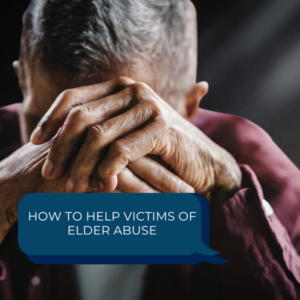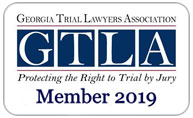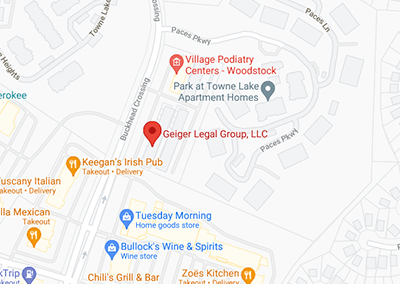How to Help Victims of Elder Abuse

Shocking statistics from the National Council on Aging suggest at least 1 in 10 Americans over the age of 60 have experienced some form of elder abuse. Unfortunately, recognizing the signs of abuse can be challenging for friends and family, especially when caregivers use threats or intimidation tactics to keep victims silent.
At Geiger Legal Group, LLC, we believe elder abuse awareness is crucial in helping families understand and identify abuse so they can take steps to give their loved ones the help they deserve.
Types of Elder Abuse
Abuse isn’t always physical, and abuse doesn’t always leave visible marks. Several forms of elder abuse can significantly degrade the quality of life for elderly individuals and nursing home residents. Elder abuse can include:
- Physical abuse
- Emotional or psychological abuse
- Sexual abuse
- Elder financial abuse
- Neglect
Recognizing the Signs of Elder Abuse
Family and friends should learn to recognize the signs of potential abuse and advocate for their loved ones. Some of the most common indications of abuse can include:
- Multiple or unexplained falls
- Unexplained marks, bruises, or cuts
- Frequent illnesses or infections
- Frequent trips to the ER
- Bedsores
- Sudden onset of a sexually transmitted infection
- Blood on the bedsheets or in underwear
- Anxiety
- Agitation
- Depression
- Changes in mood or behavior
- Changes in sleeping or eating patterns
- Withdrawing from family or friends or favorite activities
- Refusing to cooperate with specific caregivers
- Lack of hygiene
- Dehydration
- Malnutrition
- Missing items or valuables
- Sudden change in their financial situation
Steps to Take If You Suspect Abuse
Elder abuse is more common than most people think. If you suspect your loved one is suffering abuse from a caregiver, nursing home, or long-term care facility, there are proactive steps you can take to get them the help they need.
- Contact the authorities. If you believe your loved one is in imminent danger, contact law enforcement for help.
- Contact an attorney. If you suspect abuse, you should contact our experienced elderly abuse attorneys for help. Our lawyers can help gather and preserve evidence, connect you with advocacy resources, and hold the careless facility or caregiver responsible for their actions.
- Report the abuse. You can report potential elder abuse to Georgia Adult Protective Services. The agency investigates all reports of abuse, neglect, and exploitation of elderly adults and at-risk individuals.
- Contact an ombudsman. If your loved one is experiencing abuse in a long-term care facility or nursing home, get in touch with a Georgia Long-Term Care Ombudsman for help. The ombudsman advocates for elderly individuals and can work with you and your loved one to resolve issues, monitor conditions at the facility, and provide valuable information and tools to help improve your loved one’s quality of life.
- Try Eldercare Locator. If you don’t know where to start, try utilizing the Eldercare Locator. It is an online government tool that connects families and seniors to local resources and advocacy services.
- Report to Medicare. If the facility or nursing home accepts Medicare or Medicaid, report the abuse to the federal government at the Medicare Quality Improvement Organization or QIO.
Contact Our Georgia Elder Abuse Attorneys to Learn More
Do you need help advocating for your loved one? Don’t let abuse or neglect tarnish your family member’s golden years. Seek help from an experienced elder abuse attorney. At Geiger Legal Group, LLC, we offer compassionate service to help you and your family during this emotionally challenging time.
Contact our Georgia office today to arrange a free legal consultation and to learn more.














